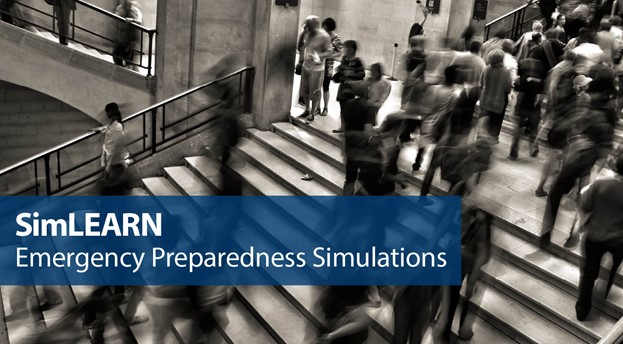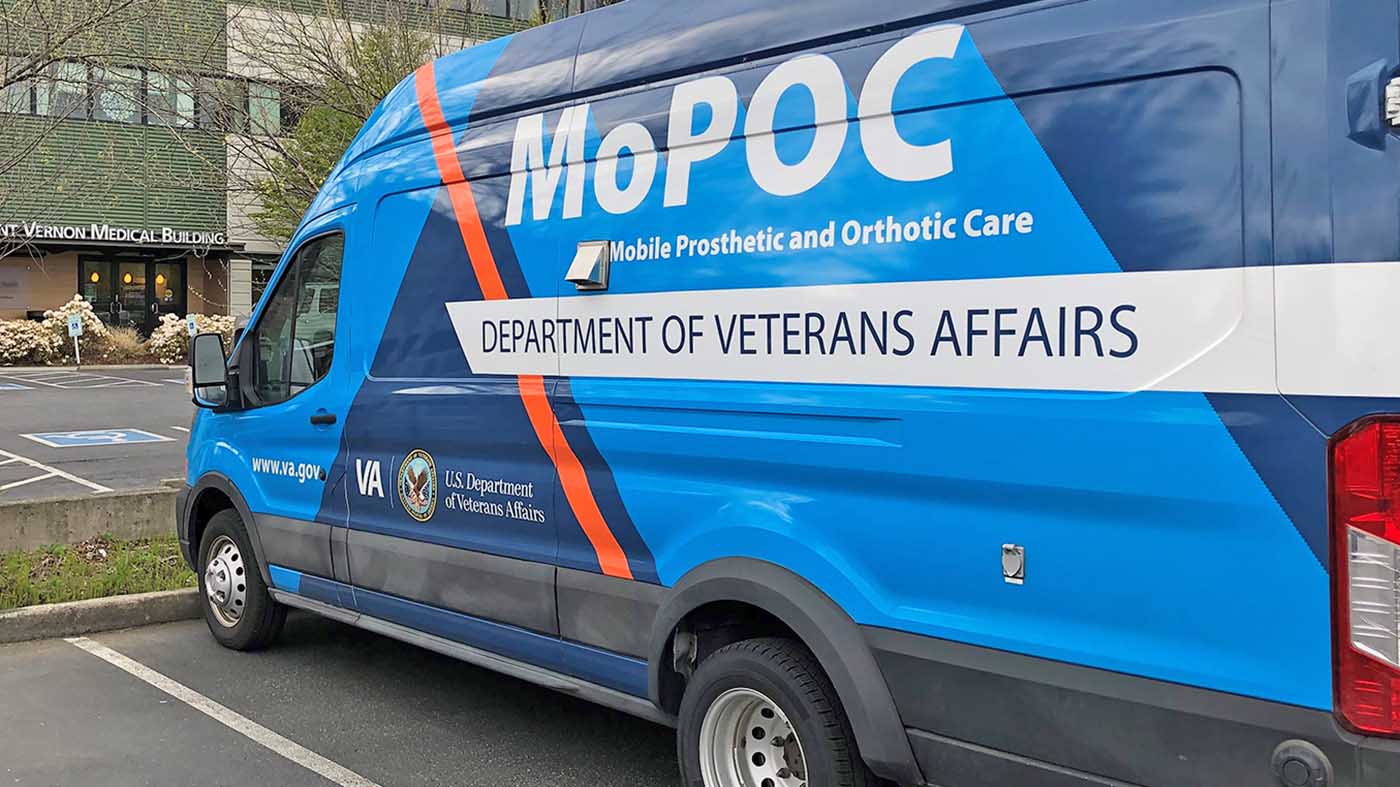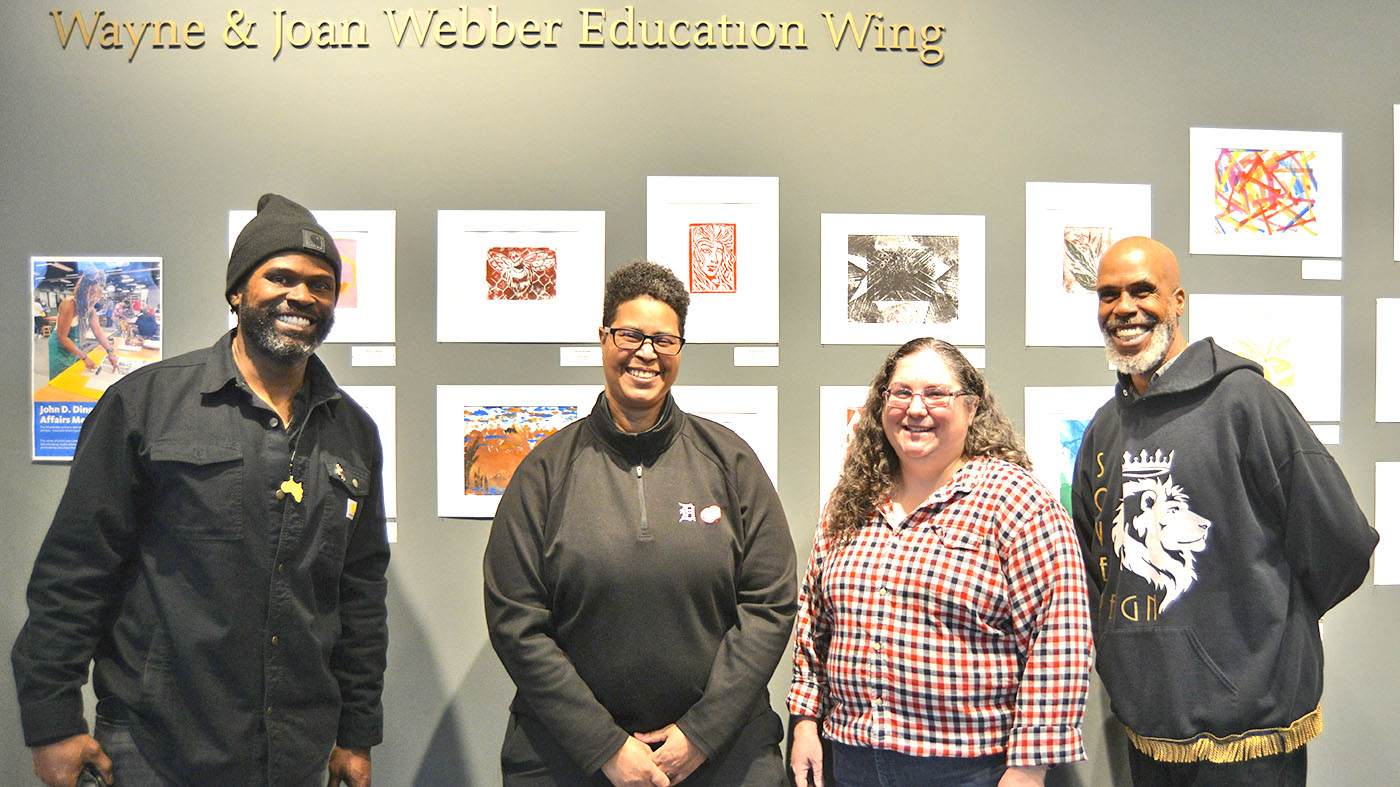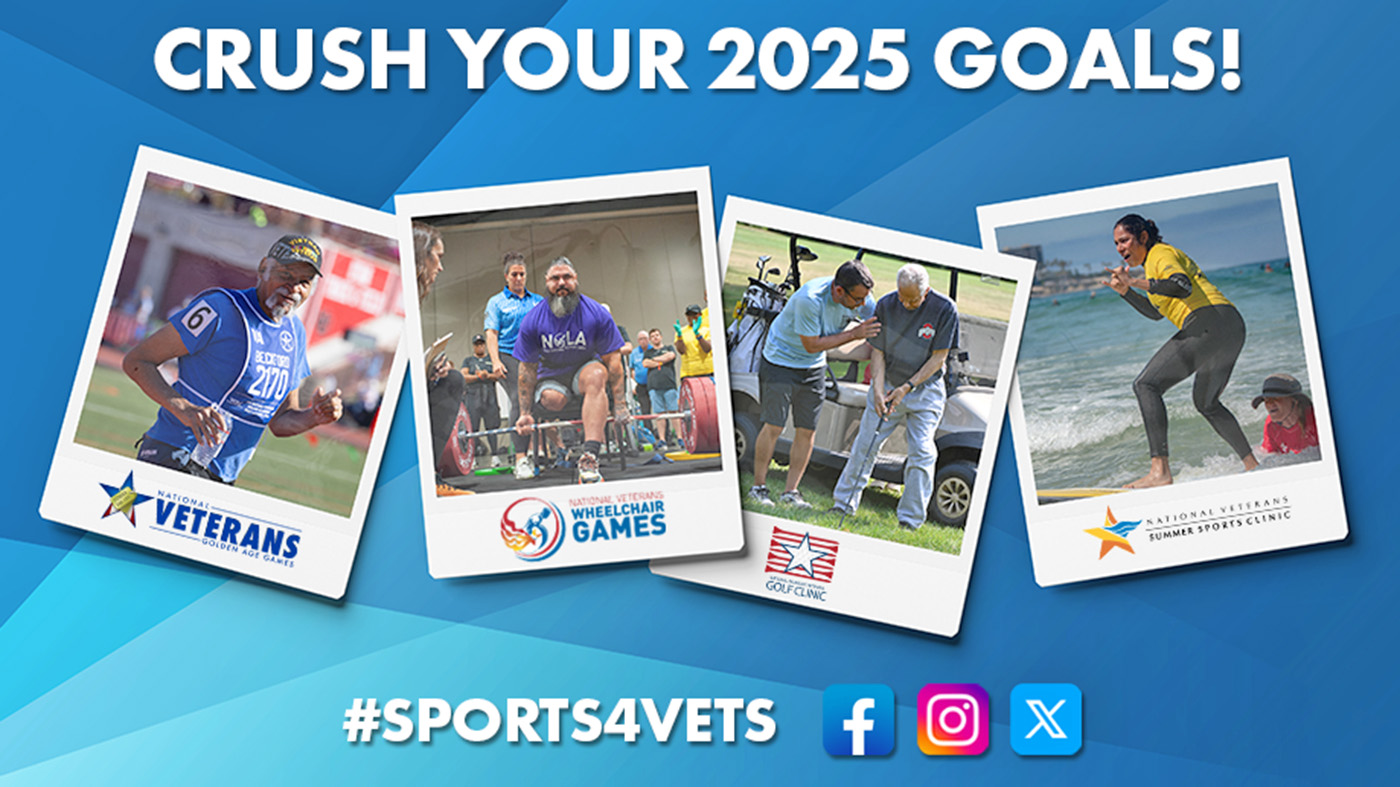In this four-part series on VA Emergency Preparedness Simulation efforts, you will learn how simulation and emergency preparedness professionals are using simulation to build collective strategies that mitigate, prepare, respond and recover from tragedies impacting Veterans and their communities at large, helping to fulfill VA’s commitment to Veteran care and its Fourth Mission.
The first part of this series discussed the importance of simulation in preparing for emergencies. It also provided an overview of how simulation, through activities at the Simulation Learning, Evaluation, Assessment and Research Network (SimLEARN) and throughout the Veterans Health Administration (VHA) enterprise, is used to train health care facilities and professionals for potential hazards and events that impact the lives of Veterans and operations of society. This and future articles in this series explain how SimLEARN’s simulation experts use simulated exercises to train, with this article focusing on table top exercises.
Simulating events and their impact on a full-scale exercise allows leaders and staff to become momentarily immersed in a fictitious catastrophic event without dangerous risks to personnel or systems. The exercises assess whether plans, resources and infrastructures can weather emergency events. The goal of the emergency preparedness exercises is to test current plans and processes to determine where there are weaknesses in preparedness.
Simulations with exercises in the health care industry can take on several different forms. An organization can apply tabletop simulations designed to test and evaluate an organization’s planning, coordination, and command structure during an emergency. Tabletop exercises focus on the process of responding to and recovering from an event without having to move equipment and people. It is a cost-effective simulation method that emphasizes how leaders and key staff will collectively manage their processes to bring the right resources to withstand the emergency event and how the command structure will communicate objectives and coordinate a response across the organization. The objective of the simulation is to determine if there is a common understanding of the plan and how it may be applied to a given scenario that presents unique characteristics.
During a tabletop exercise, the scenario can be altered to shift the organizational leader’s emphasis away from other events and impacts, through scenario injects. Injects are scenario amendments or additions that drive exercise participants to enact a plan or process in their emergency plans.
Injects add to the broader situation, by posing unique and specific problems that can take place in an actual event that put additional demands on resources or personnel, through the introduction of new or lingering hazards. An example is having the sewage system fail in a VA medical center that is experiencing the impacts of a hurricane. The intent is to stretch the organization’s command structure and internal resources, to determine if it has the capacity to manage complex impacts created by an emergency event. The scenario addition will also reveal if the medical facility has a breaking point where additional resources or support may be necessary to respond to the event.
This is important for planning purposes, as many responses to disasters are challenged by a lack of resources being in place at the time they are needed. Through simulation scenarios, organizations and participants can calculate their breaking point and understand when additional resources will be needed to respond to a threat or hazard.
Tabletop exercises are one of several ways simulation experts prepare for emergencies. In the next installments of this series, you will learn how professionals are using functional and full-scale exercises to help VA facilities prepare for emergencies and ensure continuous, quality care for Veterans and their communities.
Topics in this story
More Stories
Mobile care teams expand access to specialty orthotic and prosthetic care for rural Veterans.
Art therapy program partners with Detroit Institute of Arts, which displays participating Veterans’ art.
Register for Sports4Vets 2025 events. Application windows have either already opened or will soon.







